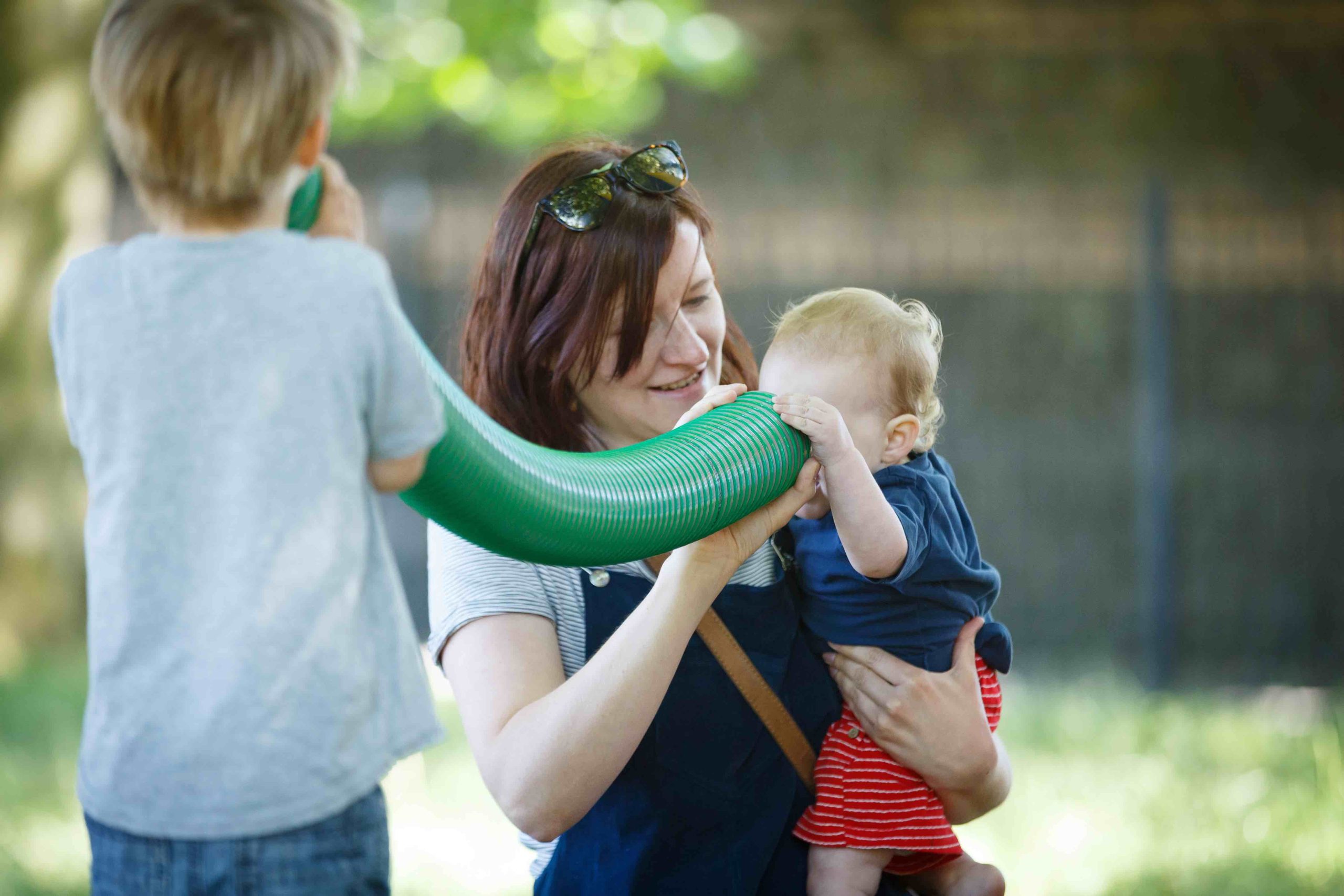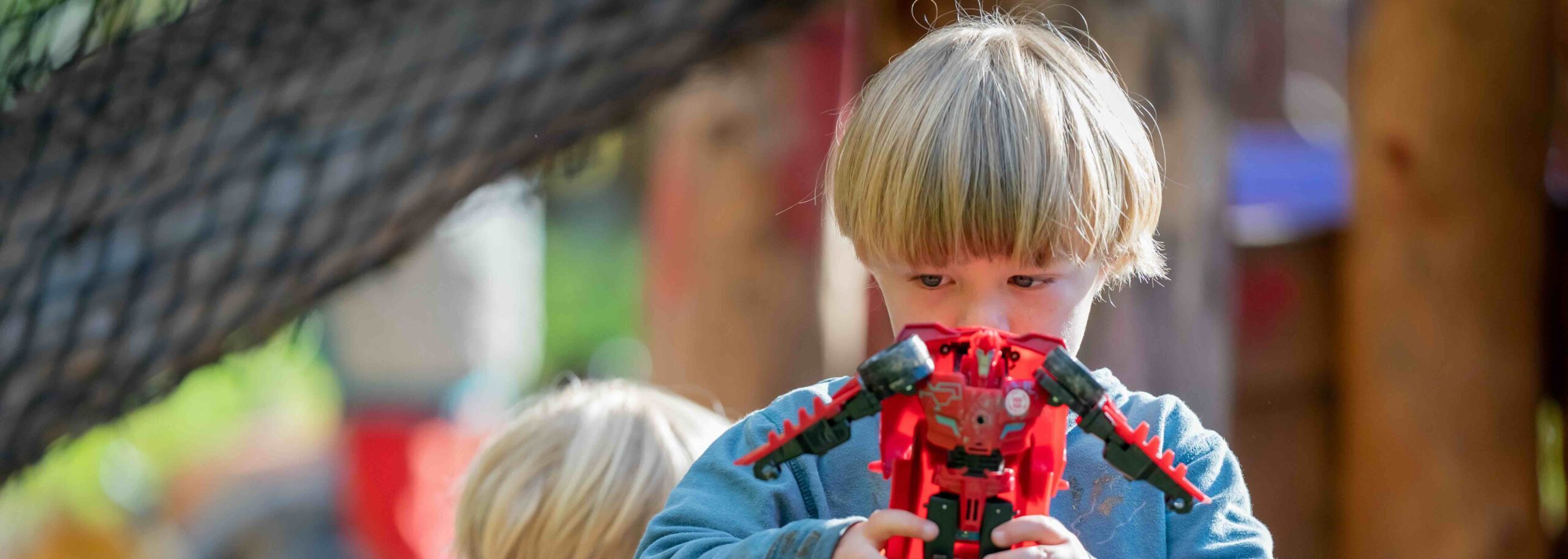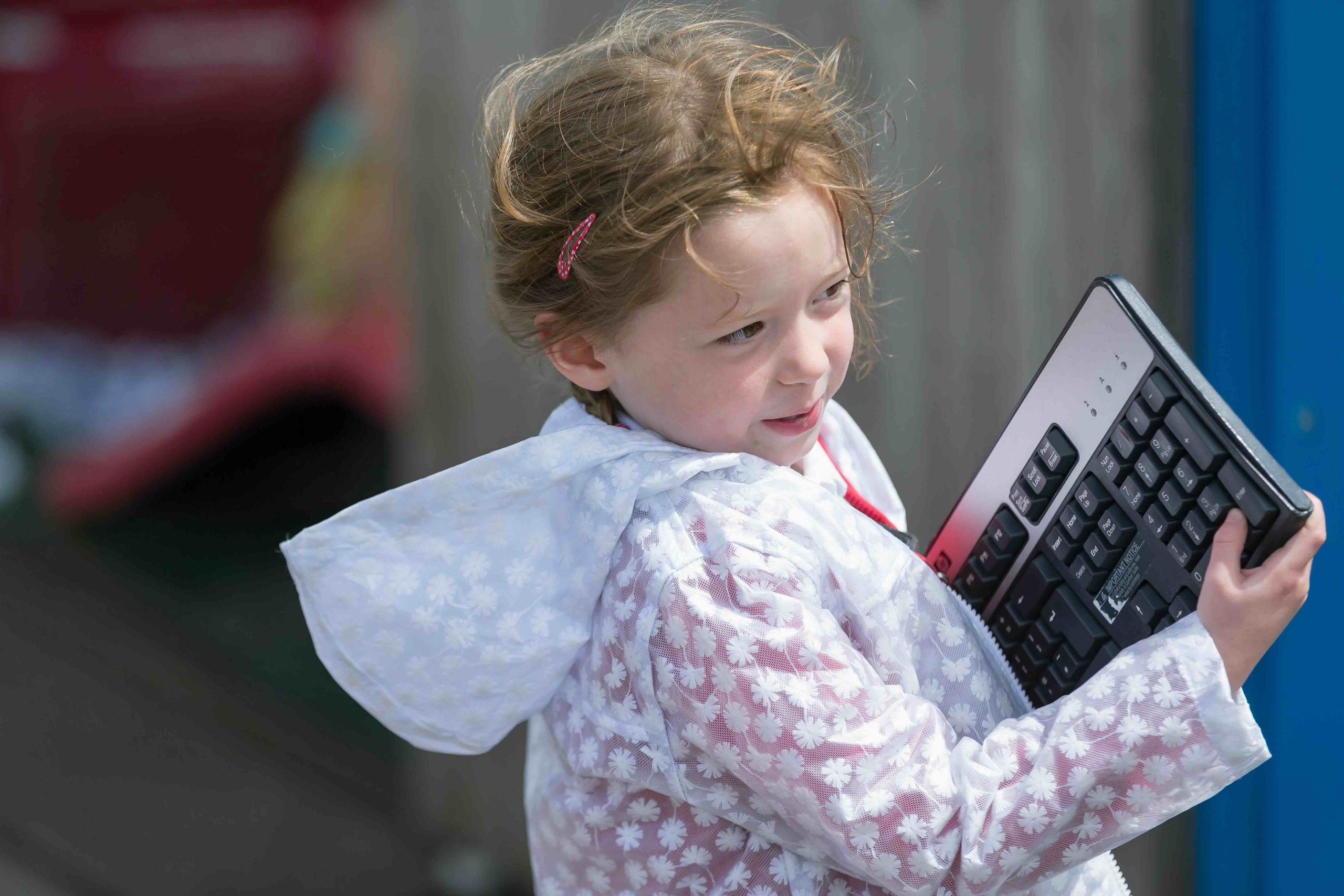All about play
How to support play between children of different ages
Children are naturally drawn to playing with children who are older or younger than they are. But they often spend a lot of time with children of the same age in childcare, and at school and clubs.
Your child will go through various stages in how they play with other people:
- Your baby’s favourite playmates will be you and other familiar people.
- Very young children may play beside another child but not necessarily with them.
- As they get older, your child’s play will become more social and more independent.
Sometimes children go backwards as well as forwards through these stages, or they may stay at one stage for a long time.
Find out more about how children play at different ages.
Why is playing with children of different ages good for your child?
- Motivation: Seeing what other children can do – like building a tower with blocks or riding a bike – can motivate your child to try it themselves.
- New ideas: Children learn from each other and get new ideas even when they are just watching and listening nearby. This gives your child a wider pool of play ideas.
- More choices: Children have the chance to play in ways they wouldn’t be able to otherwise – for example, making a den that might be too hard for younger children playing with children their own age.
- Usefulness: Sometimes it’s good for your child to play with someone taller, stronger, smaller or skinnier than them as it lets them do something they couldn’t otherwise.
- Care: Older children get the opportunity to show care and kindness to younger children.
- Creativity and cooperation: Play becomes less about winning and losing when children of different ages play together – in most games, the older child could almost always win if they wanted to.
Where can your child get the chance to play with children of different ages?
- In your local streets, parks and community
- On the way to and from school
- In the playground before or after school.
How can you help give your child more chances to play with children of different ages?
- Ask your child’s school if they can mix age groups at playtime and in the playground.
- Ask your child’s clubs if they can create mixed age groups for some activities.
- Meet up with families who have children of different ages so the children can play together in local parks or streets.
- Take your child outside to play as often as possible and encourage other families to play outside too – you could take a deckchair or a small picnic.
Things to bear in mind
- If children are forced to play together, it stops being play.
- If children enjoy playing together for a while, that doesn’t mean they will always want to keep playing together.
- If children of different ages play together, it’s normal for an older child to get tired of the younger one or find them annoying from time to time. And it’s the same the other way around.
- If children of different ages have been close friends at one stage, they may find their interests move apart later on.
- If siblings get on – and not all siblings do – they may not get on all the time.













